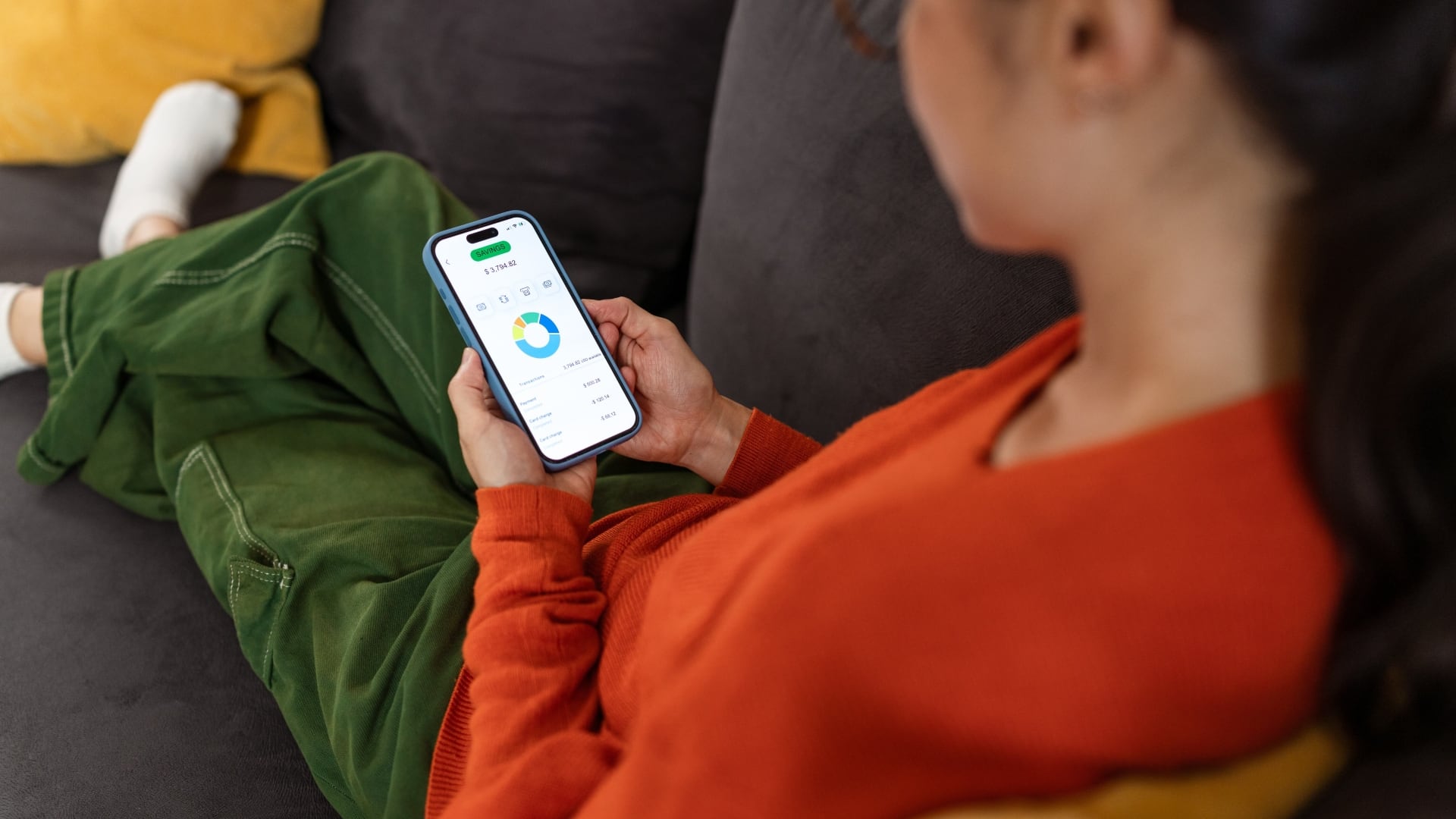By Matt Ott
More Americans filed for jobless benefits last week, but layoffs remain historically low despite attempts by the Federal Reserve to cool the economy, and hiring, to bring down inflation.
Applications for jobless aid in the U.S. for the week ending Feb. 4 rose by 13,000 last week to 196,000, from 183,000 the previous week, the Labor Department reported Thursday. It’s the fourth straight week claims were under 200,000.
Jobless claims generally serve as a proxy for layoffs, which have been relatively low since the pandemic wiped out millions of jobs in the spring of 2020.
The four-week moving average of claims, which flattens out some of the week-to-week volatility, fell by 2,500 to 189,250. It’s the third straight week that the four-week moving average has been below 200,000 and the ninth straight weekly decline.
Last week, the Fed raised its main lending rate by 25 basis points, its eighth rate hike in less than a year. The central bank’s benchmark rate is now in a range of 4.5% to 4.75%, its highest level in 15 years. Chair Jerome Powell appeared to suggest that he foresees two additional quarter-point rate hikes.
So far, the Fed’s aggressive policy has pushed inflation down, but has had less impact on a resilient U.S. job market.
Last Friday, the government reported that employers added a sizzling 517,000 jobs in January and that the unemployment rate dipped to 3.4%, the lowest level since 1969. Analysts were expecting job gains of around 185,000.
Last month’s job gains were so large it confounded economists, who struggled to explain why the Fed’s aggressive interest rate hikes haven’t slowed hiring at a time when many foresee a recession nearing.
Also last week, the government reported that U.S. job openings rose to 11 million in December, up from 10.44 million in November and the highest since July. For 18 straight months, employers have posted at least 10 million openings — a level never reached before 2021 in Labor Department data going back to 2000. The number of openings in December meant that there were about two vacancies for every unemployed American.
Though the U.S. labor market remains robust, layoffs have been mounting in the technology sector, which is dealing with falling demand after a pandemic boom. IBM, Microsoft, Amazon, Salesforce, Facebook parent Meta, Twitter and DoorDash have all announced layoffs recently.
On Wednesday, The Walt Disney Co. said it will cut about 7,000 jobs as part of an ambitious companywide cost-savings plan and “strategic reorganization” announced by newly returned CEO Bob Iger. The job cuts amount to about 3% of the entertainment giant’s global workforce
The Fed’s interest rate hikes have hit the real estate sector the hardest, largely due to higher mortgage rates — currently above 6% — that have slowed home sales for 11 straight months. That’s almost step-in-step with the Fed’s rate hikes that began last March.
About 1.69 million people were receiving jobless aid the week that ended Jan. 28, an increase of 38,000 from the week before.













